My dear scribes:
Today, January 10th of the year 2019, is a historic day in my writing history. It is a day that I hope to look back on with fondness and invigoration.
Today marks the day of my first rejection from a literary agent!
When I was younger, the thought of sending my work out into the world, of bleeding out something that for so long had been kept quiet and secret, was enough to freeze my fingers at the keys. And then to have that piece of my heart rejected? Suffice to say, I feared the denial of agents and editors more than rejection in my personal day-to-day relationships. What was some dumb boy’s affections to the opinions of my literary betters?
But today I received my first rejection (not one week after sending out my first batch of queries, might I add), and I can’t help but feel…gratitude.
That might seem odd. And I’m not claiming that rejection doesn’t sting. But at this early stage in my career I can only afford to consider the positives.
I am grateful to have even been considered, because that means that I am officially in the game to play. If one rejection gets me down, then I’m in the game only to win, and winning isn’t possible without playing every card.
I am grateful that the response even showed up in my inbox, because a rejection is better than radio silence. I can now cross the agent off my list and send out another query in its place.
I am grateful that it was a personalized rejection. I hear that form rejections are common due to the sheer amount of queries that agents receive. So the fact that this particular agent took the time to comment on what she thought worked and didn’t work in my first few pages is extremely valuable to me. I know that my query and synopsis caught her attention with my concept and setting. I also know now that I need to work on kinks in sentence structure — which is feedback that I can use and that will be an incredible asset as I continue querying.
I am grateful for the rejection itself, because it means that this particular agent is not the right fit for me or my book. No doubt she provides terrific representation to a great number of writers, but without that initial spark in the querying process, there is no way that she could be the champion of my story that I would need her to be. Publishing is subjective, and that is simply a fact.
I am not going to post every time I get a rejection (because that will quickly get old as more roll in), but after reading my first rejection I was overcome by a sense of accomplishment. I needed to mark this moment, so that when I become discouraged I can look back and remember the things to be grateful for in a rejection.
Like I said before, I can’t afford to dwell in self-pity. I can only pick up my pen, revise again, and send out more queries.
Have you dealt with rejection in the literary sphere? What was your initial response? How have you grown from it?
Happy writing,
Emily



